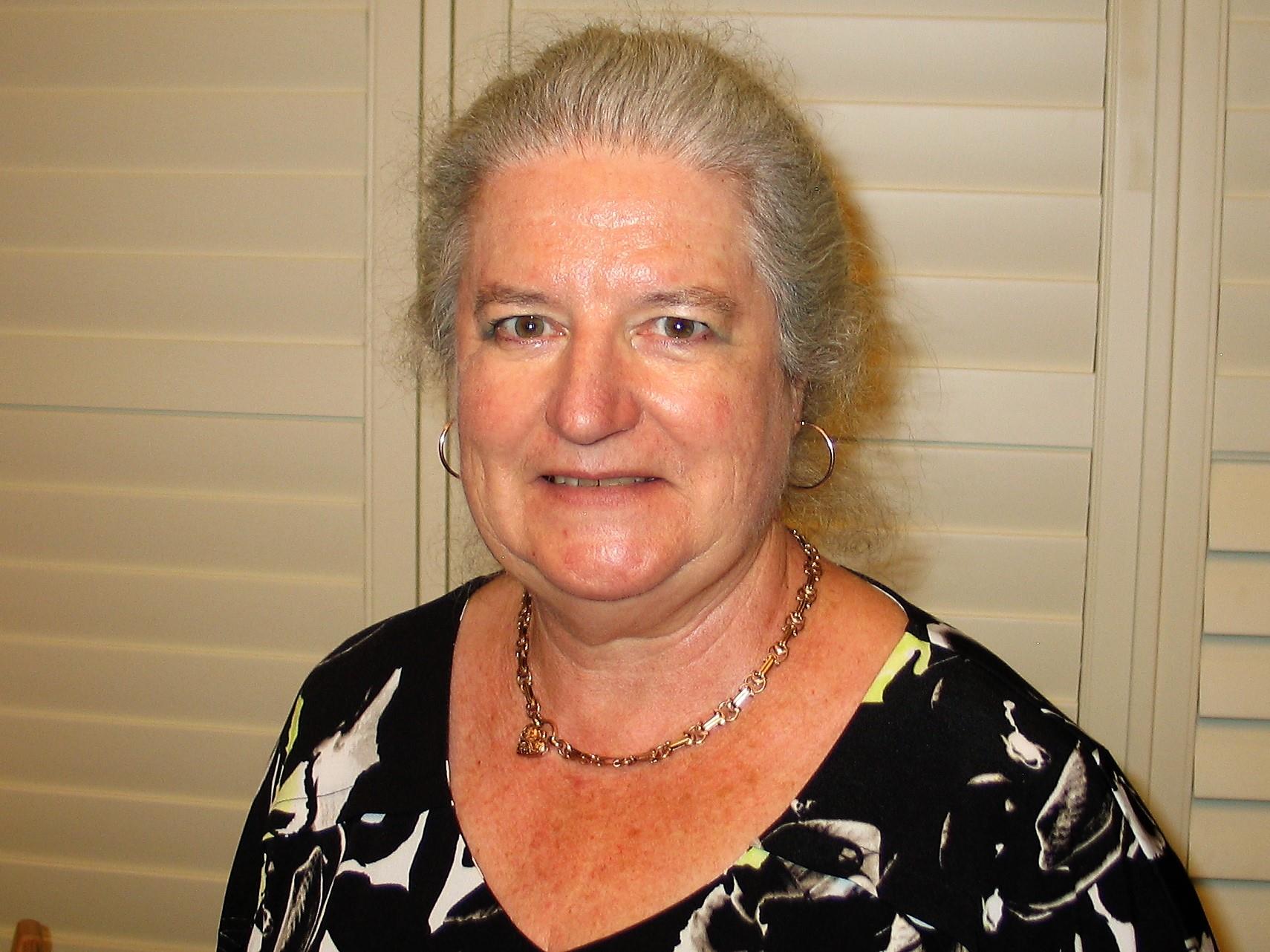
Denice Robertson a member of the Shepparton & District Parkinson's Support Group spoke to Rotary.
Parkinson’s is a progressive neurological condition that affects people from all walks of life. It is quite common, with approximately 70,000 Australians living with Parkinson’s.
The average age of diagnosis is 65 years, however younger people can be diagnosed with Parkinson’s too. This is referred to as Young Onset Parkinson’s.
It is not easy to diagnose Parkinson’s. There are no laboratory tests (such as a blood test or brain scan), so it is important that the diagnosis is made by a specialist, such as a neurologist. The specialist will examine for any physical signs of Parkinson’s and take a detailed history of symptoms.
Currently there is no known cause of understanding of why a person develops Parkinson’s
The underlying cause of Parkinson’s symptoms relates to a decline in the production of a chemical in the brain called dopamine. Dopamine is an important chemical messenger, or neurotransmitter, that allows messages to be passed between cells in the brain. This lack of dopamine means people can have difficulty controlling their movements and moving freely and it can also impact on other body systems such as your sense of smell, bowel and your thinking and mood.
Parkinson’s is categorised by clinicians as a “movement disorder” and symptoms may include muscle rigidity, tremor, postural instability and bradykinesia (slowness of movement). Many people think of tremor in Parkinsons but in around 30% of cases tremor is not present.
Symptoms of Parkinson’s usually develop slowly and gradually progress over time. Each person is affected differently and the rate of progression varies greatly between individuals.
Research being undertaken into bio-markers to identify possibility of developing Parkinsons. Volunteers over 50 without neurological problems and shoulder problems required. Appointments can be made with researchers visiting Shepparton on 4th October.

